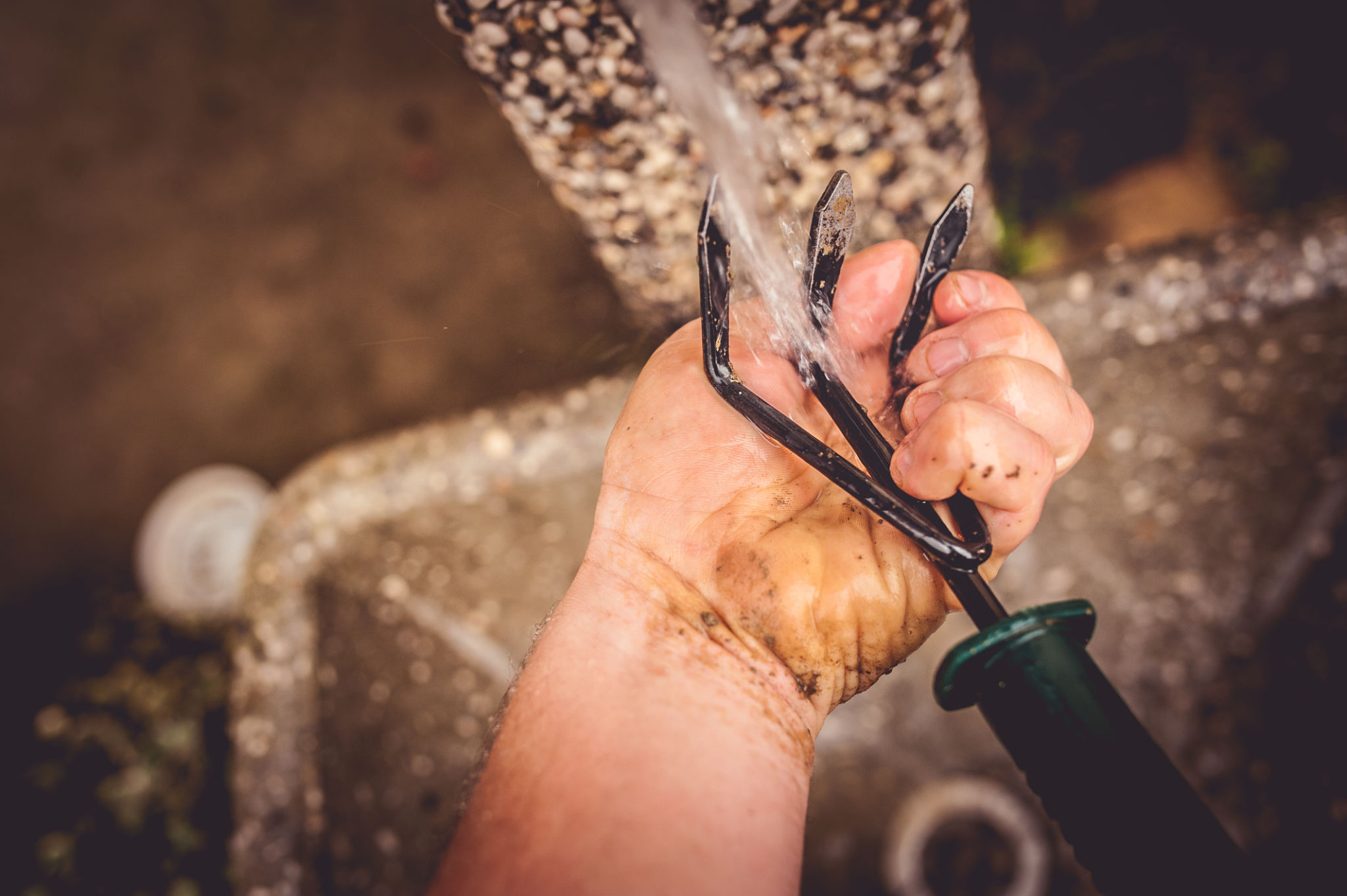Window Cleaning Myths: What You Need to Know
Understanding Common Window Cleaning Myths
Window cleaning is a necessary task for maintaining the appearance and functionality of any building. However, there are numerous myths surrounding this chore that can lead to ineffective cleaning methods or even damage to your windows. In this post, we will debunk some of these myths and provide you with the facts you need to know to keep your windows sparkling clean.

Myth 1: Rainwater Makes Your Windows Dirty
Many people believe that rain causes dirty windows, but this is a misconception. Rainwater is generally clean and only leaves marks if windows are already dirty or if the rain picks up dirt from nearby surfaces. It's important to regularly clean your windows, regardless of the weather, to prevent the buildup of grime that can be exacerbated by rain.
Myth 2: Newspaper is the Best Cleaning Tool
Using newspaper to clean windows is an old-school trick many swear by, but it's not the best option. The ink from newspapers can transfer onto the glass and leave streaks. Instead, it's advisable to use a microfiber cloth or a squeegee for a streak-free finish. These tools are designed to effectively clean glass without leaving any residue.

Myth 3: All Window Cleaning Solutions Are the Same
Assuming all cleaning solutions work equally well on windows is another common myth. Some solutions are too harsh and can damage window frames or leave residue on the glass. It’s essential to choose a cleaner specifically designed for windows, or consider making a simple homemade solution using water and vinegar for an eco-friendly option.
The Truth About Window Cleaning Techniques
Effective window cleaning isn't just about the products used; technique plays a crucial role as well. Knowing the right way to clean can make a significant difference in the results.
Vertical vs. Horizontal Wiping
When using a squeegee or cloth, many people overlook the direction of their wiping. It's best to use vertical strokes on one side of the window and horizontal strokes on the other. This technique helps identify which side of the glass any remaining streaks are on, making it easier to achieve a flawless finish.

Cleaning Frequency Matters
How often you clean your windows can affect their longevity and appearance. Windows should ideally be cleaned at least twice a year, but high-traffic areas or those exposed to pollutants may require more frequent attention. Regular maintenance prevents dirt buildup and ensures your windows remain in excellent condition.
Conclusion: Debunking Myths for Better Results
Understanding and debunking these common window cleaning myths can significantly improve your cleaning routine. By using the right tools, solutions, and techniques, you can maintain clean and clear windows throughout the year. Remember, effective window cleaning is about more than just aesthetics—it's also about preserving your windows' integrity and functionality.